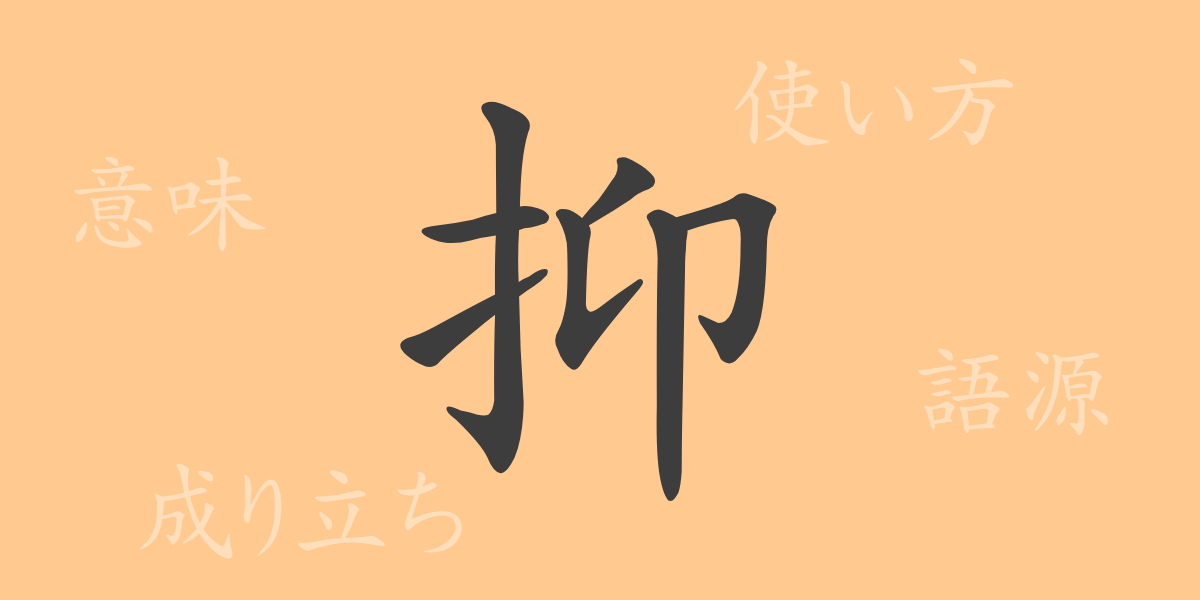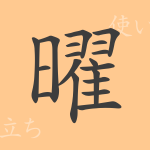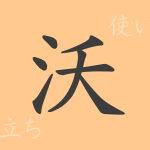Kanji(かんじ) characters, which represent the richness of the Japanese language, each carry deep meanings and histories. The common-use kanji “抑” (yoku) plays an important role in our daily conversations, literature, and business communication. In this article, we will delve into the etymology, meaning, usage, pronunciation, and related idioms and phrases of the kanji “抑” (yoku). By understanding the history behind the words, you can experience a richer world of Japanese language.
The Etymology of 抑 (yoku)
The kanji “抑” (yoku) is a character formed in ancient China, symbolically representing a hand pressing something down. Its structure includes the radical “扌” (tehen), which means hand, at the top. The bottom part, “卩” (fushizukuri), is said to represent a bent knee. This visually demonstrates the action of “suppressing” or “oppressing,” telling the story of the formation of the character “抑” (yoku).
The Meaning and Usage of 抑 (yoku)
The kanji “抑” (yoku) primarily means “to suppress” or “to restrain.” It is also commonly used as a conjunction meaning “nevertheless” or “however.” When used in the context of “suppressing,” it conveys nuances of controlling emotions, actions, or the momentum of things. When used as a conjunction, it suggests a contrast or constraint to the previously mentioned matter.
Pronunciation, Stroke Count, and Radical of 抑 (yoku)
The basic information about the kanji “抑” (yoku) is as follows:
- Pronunciation: In On’yomi (Chinese reading), it is read as “ヨク” (yoku), and in Kun’yomi (Japanese reading), it is read as “おさ.える” (osa.eru).
- Stroke Count: “抑” (yoku) consists of a total of 8 strokes.
- Radical: The radical of “抑” (yoku) is “扌” (tehen).
Idioms, Phrases, and Proverbs Using 抑 (yoku) and Their Meanings
There are numerous idioms, phrases, and proverbs in Japanese that include the kanji “抑” (yoku), each with its unique meaning. For example, “抑圧” (yokuatsu) means to suppress by force, “抑揚” (yokuyou) refers to the modulation of voice tone, and “抑止力” (yokushiryoku) signifies the power to deter opposing forces. These expressions are frequently used in business, politics, and everyday life.
Summary of 抑 (yoku)
The kanji “抑” (yoku) has a wide range of meanings and uses from its formation to the present day. Its usage in Japanese varies greatly depending on the context, enabling rich expressions. Through this article, we hope you can understand the depth of the history and meaning of “抑” (yoku) and deepen your understanding of the Japanese language.

























